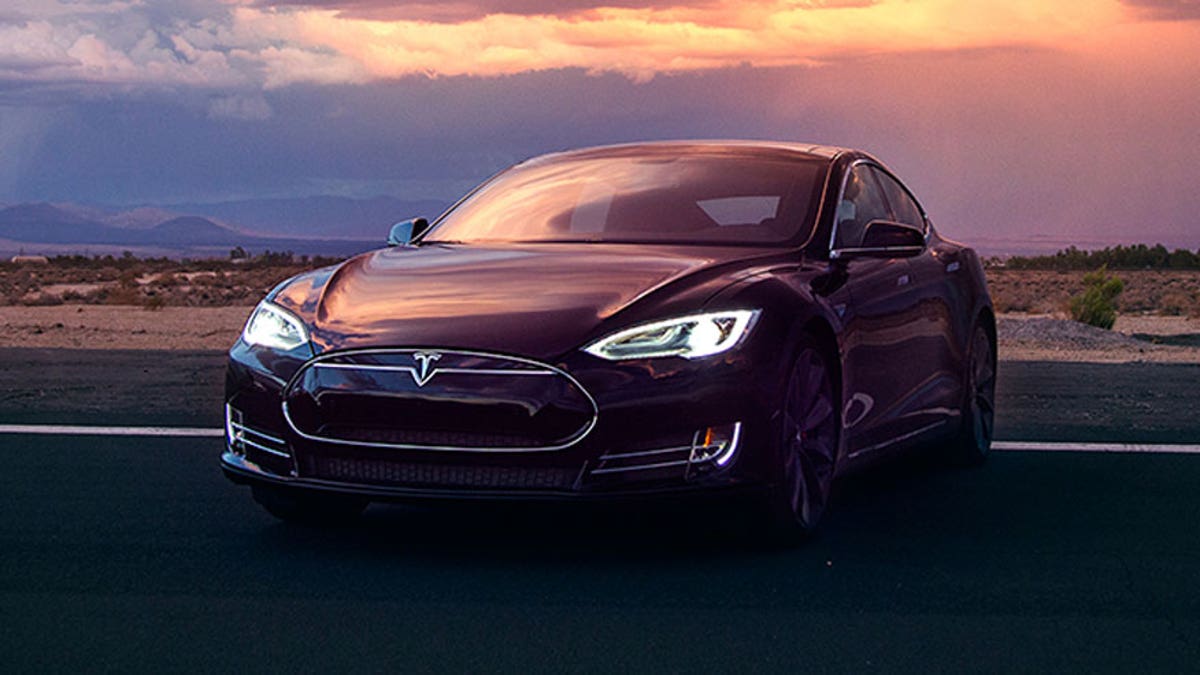
(Tesla)
While Tesla Motors continues to fight it out on a state level with dealership groups—most recently gaining ground in Georgia but getting shut out in West Virginia—one thing is for sure about the automaker's product: The Tesla Model S is, again and by far, the most-loved vehicle in the U.S.
The Tesla Model S, according to the market-research firm Strategic Vision, boasts figures of ‘love’ from their overall vehicle experience that handily top those for much-loved sports-car models like the Porsche Boxster and 911.
A whopping 92 percent of owners of the Model S summed their experience in the top “I Love It” box. It’s a pretty good indication of what a disruptive product the 2015 Tesla Model S continues to be.
Love is loyalty, satisfaction isn’t
That’s because those who say they love their vehicle are nearly seven times more likely to be advocates for the brand than those who are merely satisfied.
The latest results come from a two-year review of responses (from the firm's New Vehicle Experience Study) gathered from more than 534,000 new-vehicle buyers, asked three to four months after purchase.
And those results coincide not just with Strategic Vision’s previous round of ‘most loved’ vehicles, but also with Consumer Reports’ latest annual ownership satisfaction survey; in both cases, owners of the Tesla Model S love their car and would do it again.
The Model S wasn’t the only ‘green’ vehicle near the top of the list. The Chevrolet Volt placed second among mass-market cars—second only to the Dodge Charger—in that ‘love’ metric.
The top six most-loved mass-market cars include the Dodge Charger, Chevrolet Volt, Subaru Impreza, Honda Civic Si (sedan), Fiat 500, and Kia Optima, while the top six mass-market utility vehicles were the Jeep Wrangler, Toyota FJ Cruiser (now discontinued), Chevrolet Suburban, Ford Flex, Hyundai Santa Fe Sport, and Subaru XV Crosstrek.
There was apparently no shortage of absolute clunkers, either. Surprisingly, seven percent of those polled actually said they hate their vehicle, while nine percent called their vehicle experience “a failure.”